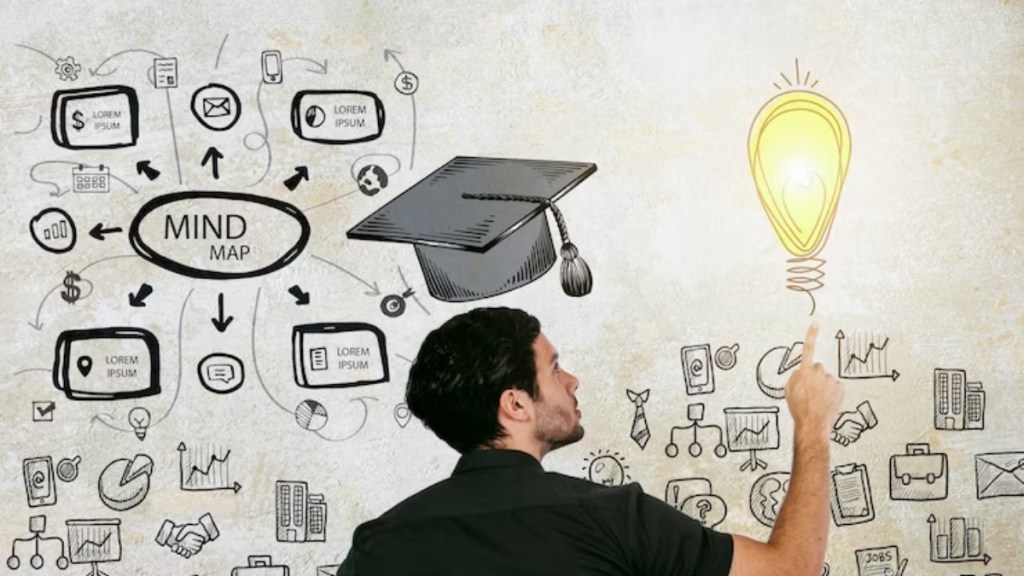By Rashmi Mittal
The education landscape in India has experienced dynamicity from the past two years with the emergence of new technologies that facilitate online education, blended learning, and vocational training. The NEP 2020 (National Education Policy) has further catered to the aim of delivering high-quality and equitable education to all students. As a result, both students and teachers’ views of education have undergone substantial changes.
The current dynamic environment is transforming ideologies, techniques, and educational approaches. Hence, the learners, teachers, and institutions as a whole are all impacted, and traditional concepts are no longer relevant anymore. This has led to the emergence of several new trends that are anticipated to change the educational sector in 2023.
Trends reshaping the educational industry
XR-based learning
With technological advancements at their peak, extended reality (XR) has made its way into the educational sector. Virtual reality and augmented reality deliver such an experience to the students that it can allow remote learning as well as experiential learning. VR enables students to interact in a virtual world where they can easily understand complex subjects. Whereas teachers can leverage AR in order to project real-time information to the students to create immersive educational experiences. Hence, education with mixed realities is poised to become a trend in 2023. According to a research report by Market Research Future (MRFR), the market for AR and VR in education is expected to grow at an 18.2% CAGR by 2027.
Hybrid learning
Online learning gained ground during the pandemic; however, this concept is not new. Earlier, massive open online courses (MOOCs) were already catering to the educational needs of students. However, online courses today have gained vast credibility as they have been acknowledged by statutory bodies in India. As a connecting arm, a new concept of hybrid learning has emerged that is shaping the education industry. As it combines traditional learning with new-age online learning, the students get flexibility in their education along with discipline and structure. With hybrid learning, the teacher not only teaches in the classroom but also online, making them available to the students residing in remote areas at an affordable price. Therefore, it is anticipated that hybrid learning will be a trend that will impact the educational sector in 2023.
Growing emphasis on STEM education
As innovation in the field of education undergoes a sweeping change, with more Indians becoming innovators rather than consumers, there is massive scope for disruption in STEM education. As a result, there has been a peak in the interest of students in STEM education. The government has also come up with two initiatives named Vigyan Jyoti and Vigyan Prasar (2020) in order to foster the scientific spirit in Indian youth and encourage STEM education. The National Science Foundation estimates that 80% of the employment created in the upcoming ten years will require some combination of math and science expertise; therefore, India’s young workforce must be prepared for this possibility.
All things considered
The education industry in India is undergoing rapid transformation. As a result, there have been several emerging trends that are impacting and reshaping the industry. We have experienced new ways of utilising resources for learning and the appropriate adoption of technology such as XR that are improving the infrastructure and helping to bridge the gap between students and teachers. By leaps and bounds, India is slowly overcoming traditional pedagogy methods and embracing new methods such as hybrid learning in order to enhance the educational system. Now that we have discovered STEM education has a crucial role in the future of our younger generations, more emphasis will be given to this domain. Overall, the future of education in India looks bright. By leveraging technology and concepts of inclusivity, we are striving to become the pioneers in education at a global level.
The author is pro chancellor of Lovely Professional University. Views are personal.
